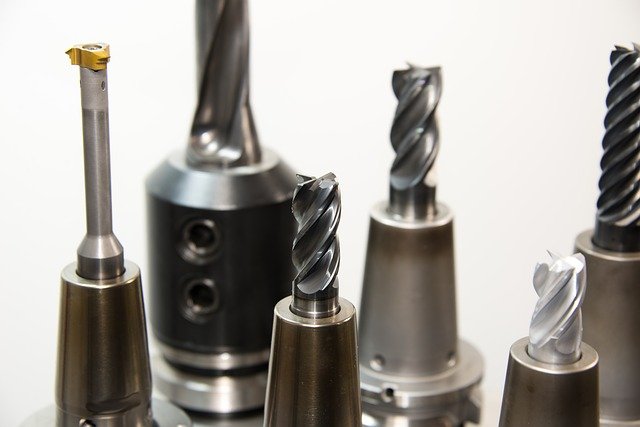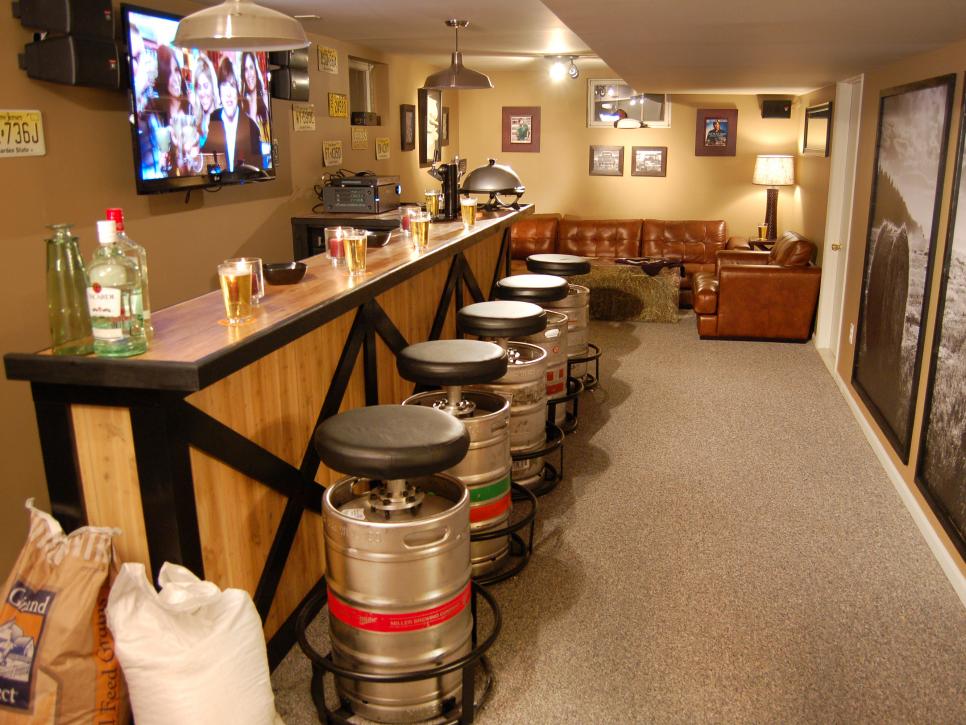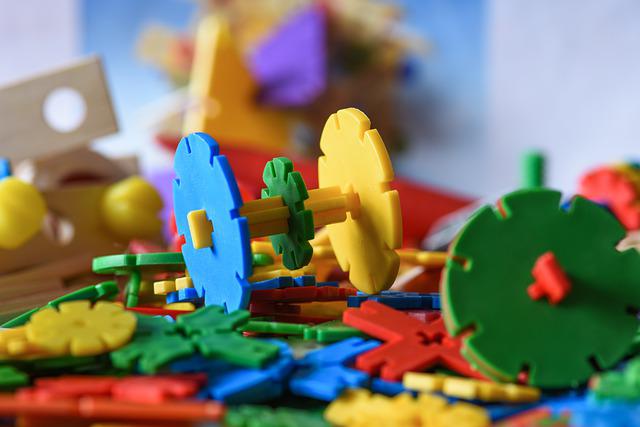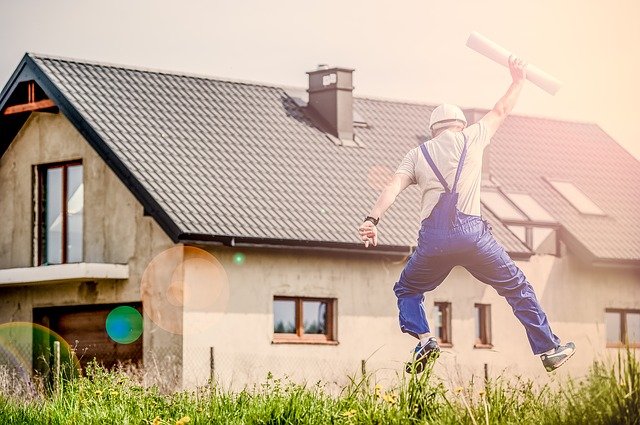Like landlords, tenants have responsibilities to the rental property they live in. Although you might not have as many duties as the property owner, you still have to play your part in caring for the house. After all, it directly impacts your well-being, and doing otherwise could mean violating your lease. Since your concerns extend beyond paying rent and optimizing your bathroom storage space, you should know how to avoid damage around the house.
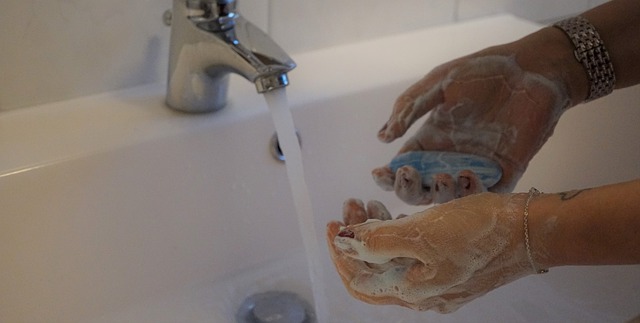
Plumbing issues are common problems, and knowing how to prevent water damage in your rental property can save both parties a lot of stress and money. Thus, this article explores 6 tips to help you keep your plumbing in check.
Tenants’ Responsibilities to Prevent Damage
-
Maintaining Sinks and Drains
Keep your sinks and drains clear to effectively filter debris and flush away water. You should avoid letting food particles, hair, shampoo caps, and other obstacles go down the drain, as they can cause a blockage. When that happens, used water can back up and pool in the sink. Save yourself that unsightly mess by installing filters to catch debris. Additionally, you can make it a habit to pour baking soda down the drain, which helps reduce the odor and keep the pipes clean.
-
Preventing Frozen Pipes
Protect your home in the winter season by preventing your pipes from freezing. When the temperature drops below 32 degrees, the water within your pipes can solidify, becoming ice. While that can be a nuisance as it disrupts the normal flow, the real problem is when the temperature rises. When ice turns to water, it expands, which can cause your pipes to burst, causing leaks. Skip the hassle and extra costs by weatherproofing your water system when it’s cold. Or you can keep some taps on to prevent the water from freezing. However, that option will rack up your water bill.
-
Performing Regular Checks
Perform regular checks to spot any signs of water damage before they become a big issue. During these inspections, many people tend to forget less used spaces like the roof, attic, basement, and chimney. Unfortunately, these parts of the house are most prone to water damage. Therefore, ensure you examine these structures periodically or advise your landlord to hire a full-service property management company to handle it.
-
Keeping the Gutters Clear
Another way to prevent water damage is to keep the gutters clean. Over time dirt, leaves, and tiny branches obstruct the channels on your roof, allowing water to pool on your roof. If left unchecked, it can compromise the integrity of your roof, causing it to leak. This problem is prevalent in winter when melted snow has no way to go. Thus, it would be best to ensure the gutters are always clear. Most home management experts recommend cleaning it at least twice a year.
-
Reporting Maintenance Issues Immediately
You should report to your landlord immediately at the first sign of any issue. This action gives you more credibility and can protect you from liability if something goes wrong. Explaining the situation early will also make it easier to determine if you’re at fault or if the damage is due to wear and tear. Of course, when your landlord is aware there’s a problem, they can also come down to fix it. The property owner will deduct the funds from your security deposit if you’re at fault. However, they’ll end up deducting less than if you were to let the problem fester.
-
Getting Renter’s Insurance
Finally, consider getting renter’s insurance to protect yourself. Despite all precautionary measures, accidents happen that can have serious consequences. You can forget the tap or spot a leak too late, leading to severe water damage. In that scenario, you would be much better if you had an insurance policy.
Warning Signs to Cover Broken Pipes
Broken pipes are a nuisance that can cost you money, reduce water quality, and compromise your health. Here are the warning signs to cover a broken pipe:
-
Discolored Water
If you notice cloudy or discolored water coming out of your faucet, you should immediately investigate the cause. It’s not uncommon for broken pipes to let debris and microorganisms into the water supply. As a result, you might notice discolored or unusually turbid water.
-
Foul Smell
Besides looks, a broken pipe can also affect the way your water smells. Usually, clean water should be odorless, but when contaminated, it might give off a foul odor. Sometimes it could even be as bad as rotten eggs. If you perceive such changes, you should immediately call your landlord and seek professional help.
-
Puddles on the Lawn
Broken pipes create an escape route for water, and some of it might get to your lawn. If you notice water pooling on the grass with no faucet nearby, your irrigation system has likely been compromised.
-
Higher Water Bill
When water escapes from your pipes, it leaves less water for you and your household. Thus, you might notice an increase in your water bill because of your increased usage. An excellent way to confirm if you have a leak is to turn off all the taps and check the water meter. If it continues to go down when all the faucets are off, then one of your pipes is most likely broken. However, if it doesn’t, you’re dealing with another problem.
-
Fluctuating Water Pressure
A broken pipe can also cause your water pressure to fluctuate. Although it often causes the pressure to drop, sometimes a surge can make the flow more rapid than usual. A gurgling noise often accompanies such changes.
Conclusion
Preventing water damage in your rental property can help keep your home safe. Maintaining drains, preventing frozen pipes, and the other tips we’ve outlined should help keep your plumbing system in order. Further, renter’s insurance can take the bulk of the financial burden caused by significant water damage. If you’re unsure what your tenant responsibilities are, you can refer back to your lease. Although, if you need further clarification, you can set up a meeting with your landlord or the property manager.


